A dual approach for the successful dissemination, use and improvement of educational resources in planetary science.
- 1Europlanet 2024 Research Infrastructure
- 2Europlanet Society
- 3Dill Faulkes Educational Trust (aheward@europlanet-society.org)
- 4Istituto Nazionale di Astrofisica (INAF)
- 5Istituto di Astrofisica e Planetologia Spaziali (IAPS)
In recent years, the education and outreach teams in the Europlanet 2024 Research Infrastructure (RI) project, the Europlanet Society’s Outreach Working Group and the Europlanet Early Careers (EPEC) network have developed a number of resources to support teaching of science, technology, engineering, arts and mathematics (STEAM) subjects. We have created, tested, and published hands-on planetary science activities, ready-to-use astrobiology lessons, science education illustrations, etc, and we have also worked in collaboration with partner institutions and networks to run activities. In 2020 and 2021, we co-organised an educational programme linked to the virtual Europlanet Science Congress (EPSC) called ‘EPSC Goes Live for Schools’ in partnership with Lecturers Without Borders, Scientix and Frontiers.
We have now consolidated a database of all available resources and developed a plan for the successful and sustainable dissemination, use and improvement of these resources. This presentation will cover the strategy we have implemented.
On one hand, we will discuss the advantages and limitations of following a traditional top-down approach centred on using active communication channels in planetary science education. We have worked on creating a unified communication campaign that uses the diversity of topics tackled in order to guide users through our whole database of resources.
On the other hand, we will present the parallel bottom-up approach we have implemented, which focuses on building a supportive, inclusive and sustainable community around our resources. We will show the results of a consultation aimed at teachers and science communicators in order to understand their needs and identify gaps and bottlenecks in the planetary science education landscape at the European level. Based on this consultation, we are aiming to create a dynamic group of teachers, planetary scientists and science engagement practitioners who will work as users, content creators, peer-reviewers, translators of our activities, being a sustainable basis for the wide dissemination and access to our resources.
Finally, in order to learn from these approaches, we will present some preliminary results regarding the implementation of evaluation metrics throughout these steps.
Europlanet 2024 RI has received funding from the European Union's Horizon 2020 research and innovation programme under grant agreement No 871149.
How to cite: Pedreira Segade, U., Heward, A., and Duras, F.: A dual approach for the successful dissemination, use and improvement of educational resources in planetary science., Europlanet Science Congress 2022, Granada, Spain, 18–23 Sep 2022, EPSC2022-491, https://doi.org/10.5194/epsc2022-491, 2022.

